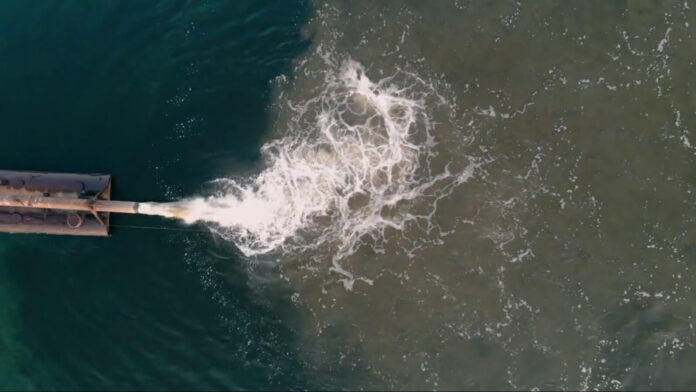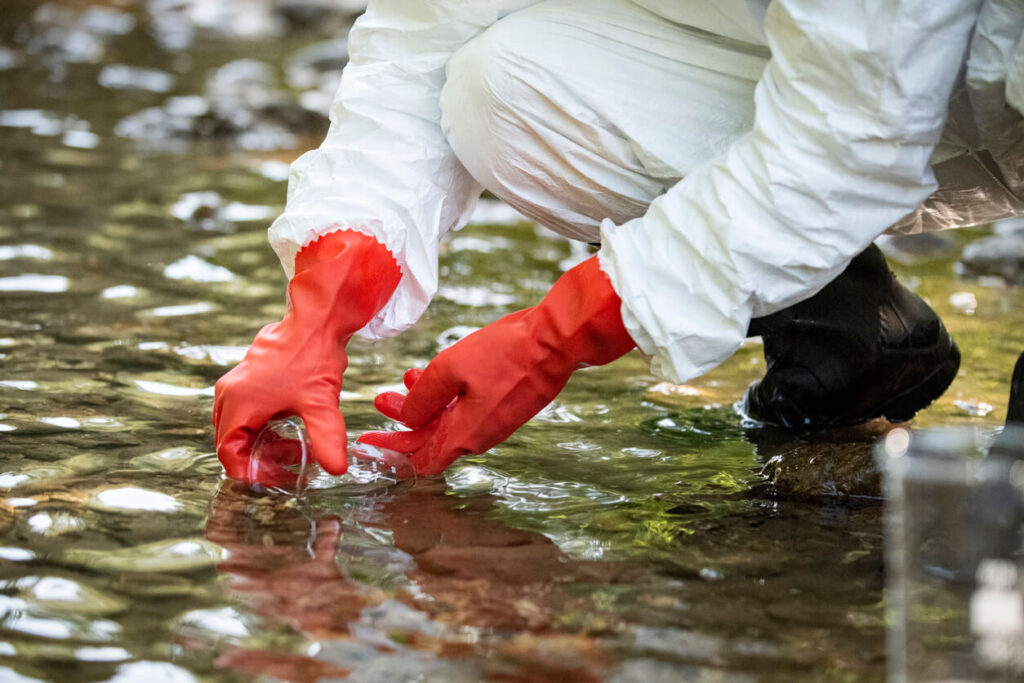
Between 1953 and 1987, the water supply at Camp Lejeune, a U.S. Marine Corps base in North Carolina, was tainted with hazardous chemicals. This contamination wasn’t a minor glitch; it was a catastrophic failure that exposed hundreds of thousands of military and civilian personnel to substances like benzene and vinyl chloride. These chemicals have been linked to a slew of life-threatening diseases, including various forms of cancer. The contamination wasn’t fully addressed until 1985, leaving victims without a path to compensation for years.
The Camp Lejeune Lawsuit: A Turning Point

The legal landscape changed dramatically on August 2, 2022, when Congress enacted the Camp Lejeune Justice Act of 2022. This legislation empowered veterans, contractors, and their family members to seek compensation for illnesses resulting from the toxic water. The lawsuit encompasses those who served at the Marine Corps Air Station New River and highlights four decades of water contamination at the base.
The Health Fallout: A Grim Reality
The health implications of the Camp Lejeune water contamination are staggering. At least eight different medical conditions have been linked to the toxic water, including adult leukemia, bladder cancer, kidney cancer, liver cancer, multiple myeloma, non-Hodgkin lymphoma, and Parkinson’s disease. The U.S. Centers for Disease Control and Prevention estimated that nearly 900,000 individuals, including veterans, family members, and civilians living near the base, were potentially exposed to the contaminated water.
The Broader Issue: Toxic Risks at Military Bases

Camp Lejeune is not an isolated case. Older U.S. military bases have a history of problems with toxic substances, including asbestos. The toxic chemicals that plagued Camp Lejeune were entirely preventable, making the situation even more egregious. This case underscores the need for a comprehensive review of environmental safety protocols across all military installations.
The Urgent Need for Stricter Regulations
The Camp Lejeune lawsuit has been a catalyst for change, spotlighting the critical need for more stringent water safety regulations within military bases. Shockingly, the contamination levels in some affected individuals were up to 3000 times higher than what is considered safe. This alarming data led Congress to enact legislation allowing for compensation, marking a significant shift in policy and a growing awareness of the importance of water safety.
The Legal Implications: A New Precedent

The Camp Lejeune lawsuit sets a new legal precedent for holding the government accountable for environmental safety failures. It opens the door for similar lawsuits, potentially impacting how military bases approach environmental safety moving forward. The case also raises questions about the government’s responsibility to protect its military personnel and their families, not just in combat but also in their living conditions.
Conclusion: A Wake-Up Call for Base Water Safety
The Camp Lejeune lawsuit is more than just a legal battle; it’s a wake-up call for the U.S. military and the government at large. It exposes the vulnerability of water systems within military installations and the severe consequences of neglecting water safety. The case serves as a stark reminder that water safety is not a privilege but a fundamental right. It’s high time for military bases to take this issue seriously, implementing stringent water safety measures to prevent future tragedies. This lawsuit could very well be the catalyst for a broader movement advocating for environmental safety within military installations, making it a landmark case with far-reaching implications.








